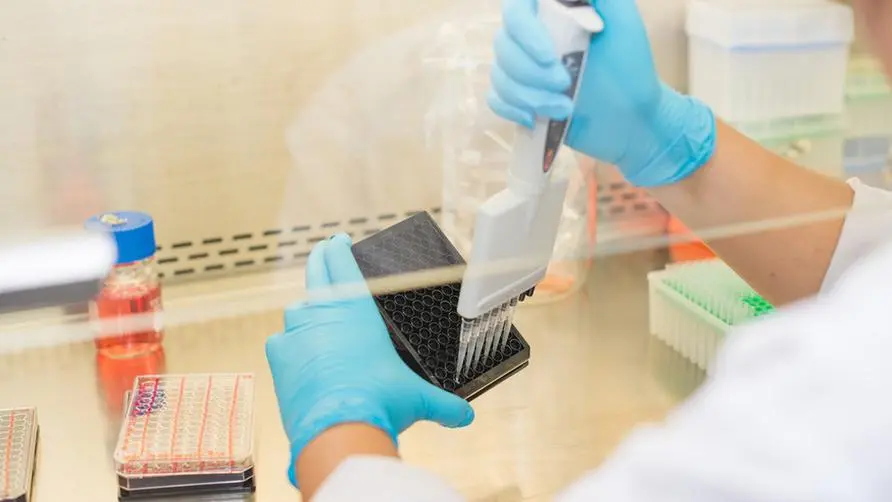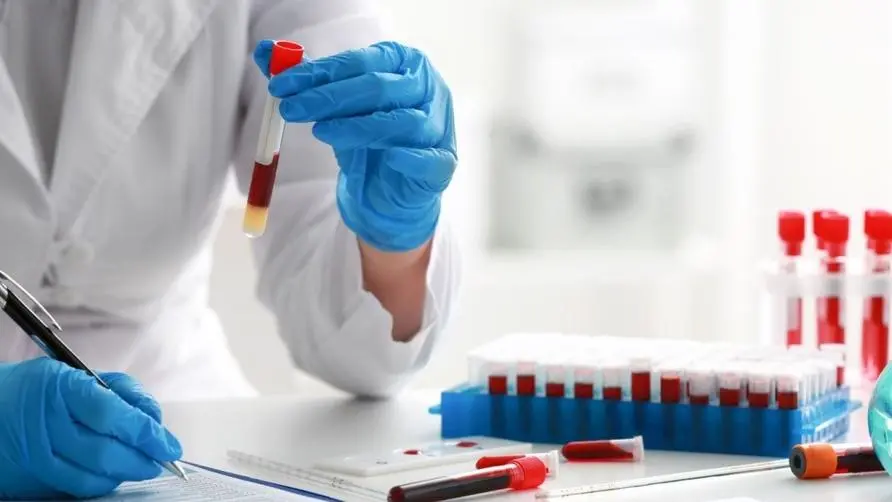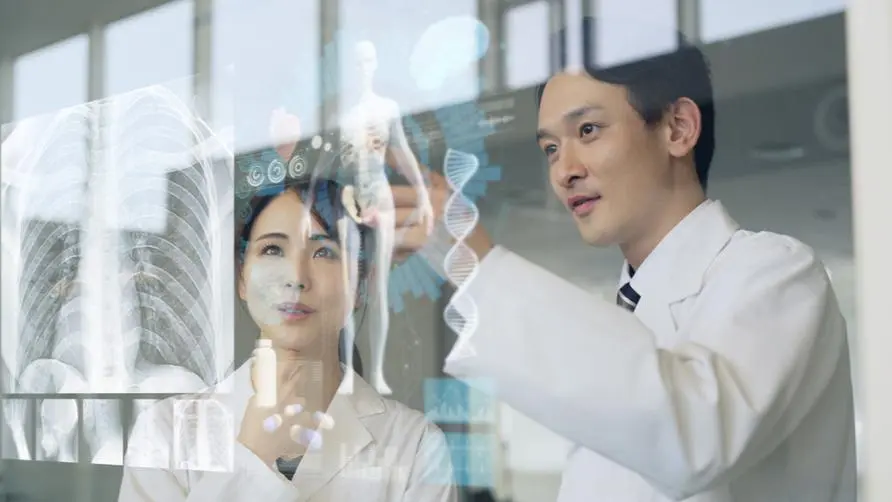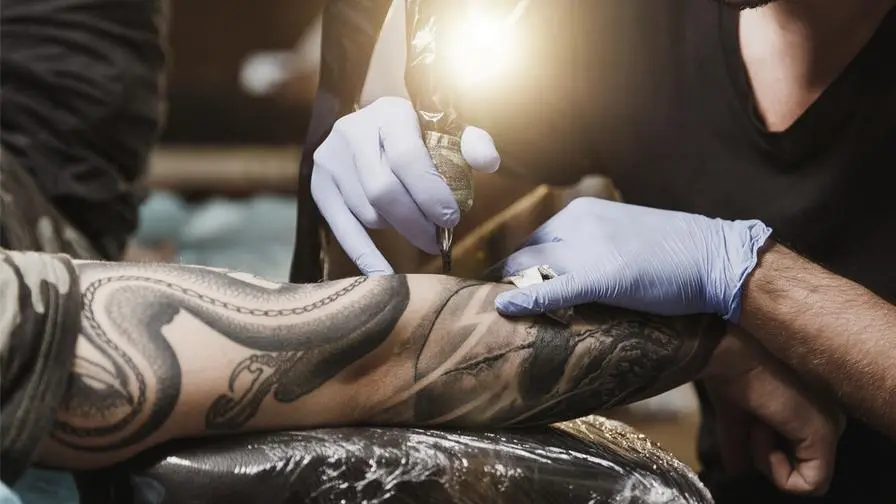Help with immunotherapy! Hematopoietic stem cell "expansion technology" improves the dilemma of difficult-to-treat diseases

The Taiwan Ministry of Health and Welfare has approved hematopoietic stem cell transplantation for malignant tumors, blood dysfunction and immune dysfunction diseases. In particular, peripheral blood stem cells are obtained in a non-invasive and anesthesia-free manner, and are more commonly used in clinical treatments than traditional bone marrow stem cells. Ivy Biotechnology has a Taiwan Ministry of Health and Welfare-approved cell bank and leading immune cell expansion technology, which will become a new choice for immunotherapy.
Well-stored and high-quality stem cells enable continuous optimization of immunotherapy technology
With medical advancements in the past decade, immunotherapy has become a new generation of cancer treatment. Today, peripheral blood hematopoietic stem cell transplantation is more common than traditional bone marrow transplantation because sample collection is easier, the collection process is shorter and more comfortable, and the number of stem cells that can be collected is larger. The number of cells and the rapid differentiation and regeneration of new blood cells after transplantation provide the key to the success of stem cell transplantation.
Currently, the Ministry of Health and Welfare has approved that hematopoietic stem cells can be used in regenerative medicine to treat the following diseases:
Malignant tumors: blood cancer, neuroblastoma, multiple osteoma, bone dysplasia syndrome, etc.
Diseases with abnormal blood function: congenital red blood cell aplasia, hemophilic lymphohistiocytoma, ocular skin albinism, severe thalassemia, etc.
Diseases with abnormal immune function: complex immunodeficiency syndrome (SCID), hyperimmune globulin M syndrome, X-linked lymphoproliferative disease, etc.
Three prerequisites for stem cell therapy: collection, storage and cell expansion technology
In order to maximize the therapeutic effect of stem cells, there is a complete SOP process and system management from initial collection, transportation, storage to final expansion:
Professional SOP from collection to clinical application: Production of frozen crystals from cytosol in peripheral blood hematopoietic stem cell therapy - exosomes: independent multi-chamber freeze dryer, product acceptance standards before and after cryopreservation It is tested for mycoplasma, endotoxin and sterility and is thawed every year to test the stem cell characteristics to ensure the activity of the stored stem cells.
The Taiwan Ministry of Health and Welfare approved the human organ preservation bank: a large gas-phase liquid nitrogen storage tank with an automatic filling monitoring system, which closely monitors cell conditions throughout the process and automatically reports processing to ensure product quality, safety and stability.
Exclusive patented hematopoietic stem cell expansion technology: the purity of the stem cells is 93%. It only takes 14 days of culture to expand the hematopoietic stem cells to the number of stem cells that can be used for clinical treatment. The purity is further increased to 96.6%, which is the highest in the industry. The purity shows that the hematopoietic stem cell expansion technology is sophisticated and the improvement direction is precise.
Expand peripheral blood hematopoietic stem cells and expand their application to treat more diseases
Stem cell therapy will continue to include transplantation surgery, drug development, and basic research. It will also actively use banked stem cells to treat chronic ischemic stroke, lower limb ischemia, hematological tumors and solid cancers… and other clinical treatments, and hopes to use stem cell products. Expand into new application areas, such as the treatment of complex genetic diseases, cancer, plastic surgery, etc.
At present, there are successive medical alliances for tissue cell therapy, including the Armed Forces General Hospital, Shuang Ho Hospital, Cathay Hospital, Wanfang Hospital, National Cheng Kung University Hospital, Chung Shan Hospital Affiliated Hospital, Hong En Hospital, Taichung Veterans General Hospital, etc., and have gradually formed professional alliances. Partners, optimize autologous immune cell therapy technology, and use it in more cases in the future to solve diseases such as blood tumors, liver cancer, lung cancer, cervical cancer, ovarian cancer, colorectal cancer, glioblastoma, etc., hoping to create more More medical applications that are more comfortable and more healing.
Further reading:
New hope for anti-cancer adjuvant iNKT cell immunotherapy
Risk of death reduced by 70% in 5 years? Medical explanation of immune cell therapy in detail





